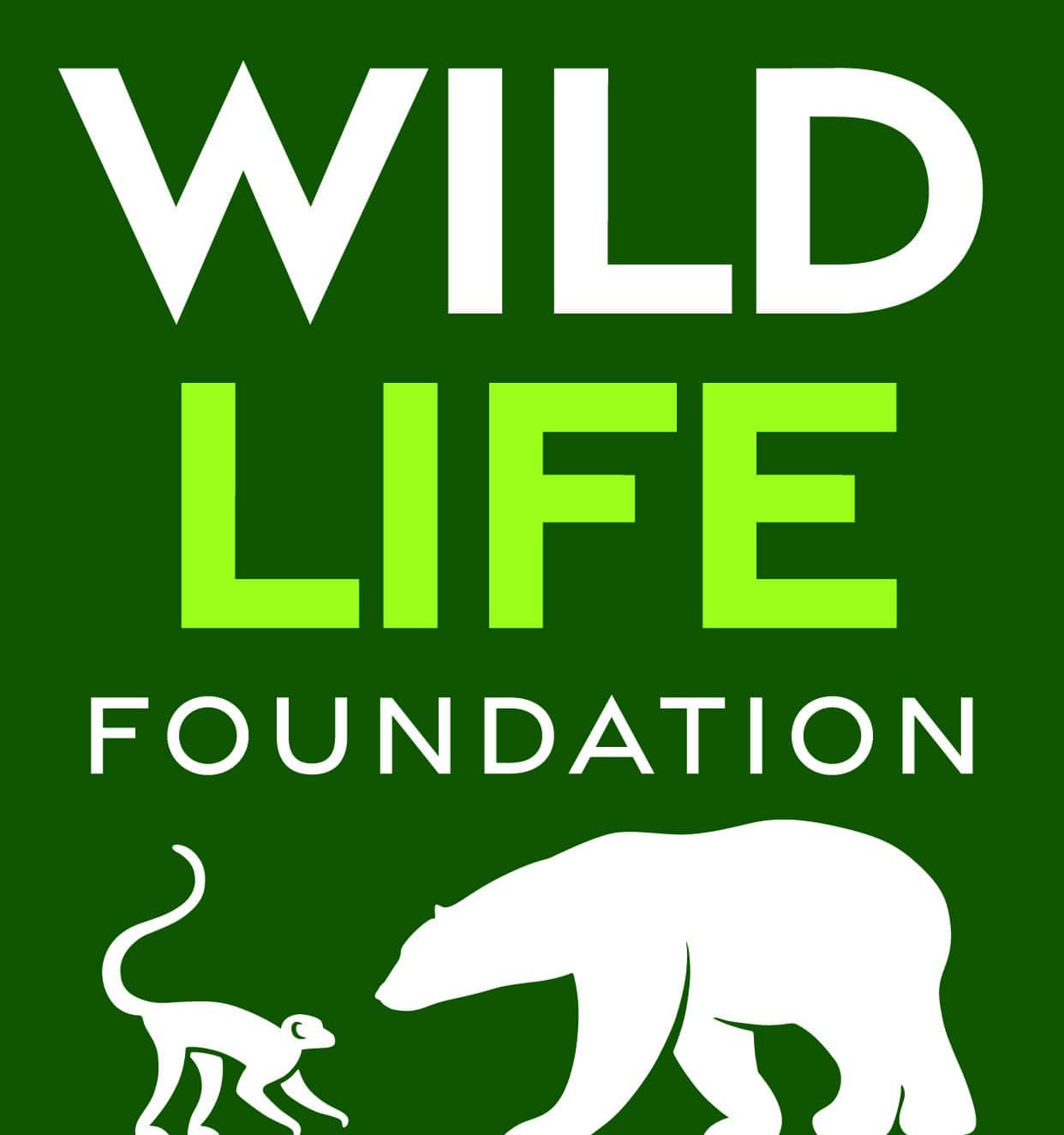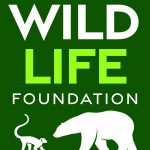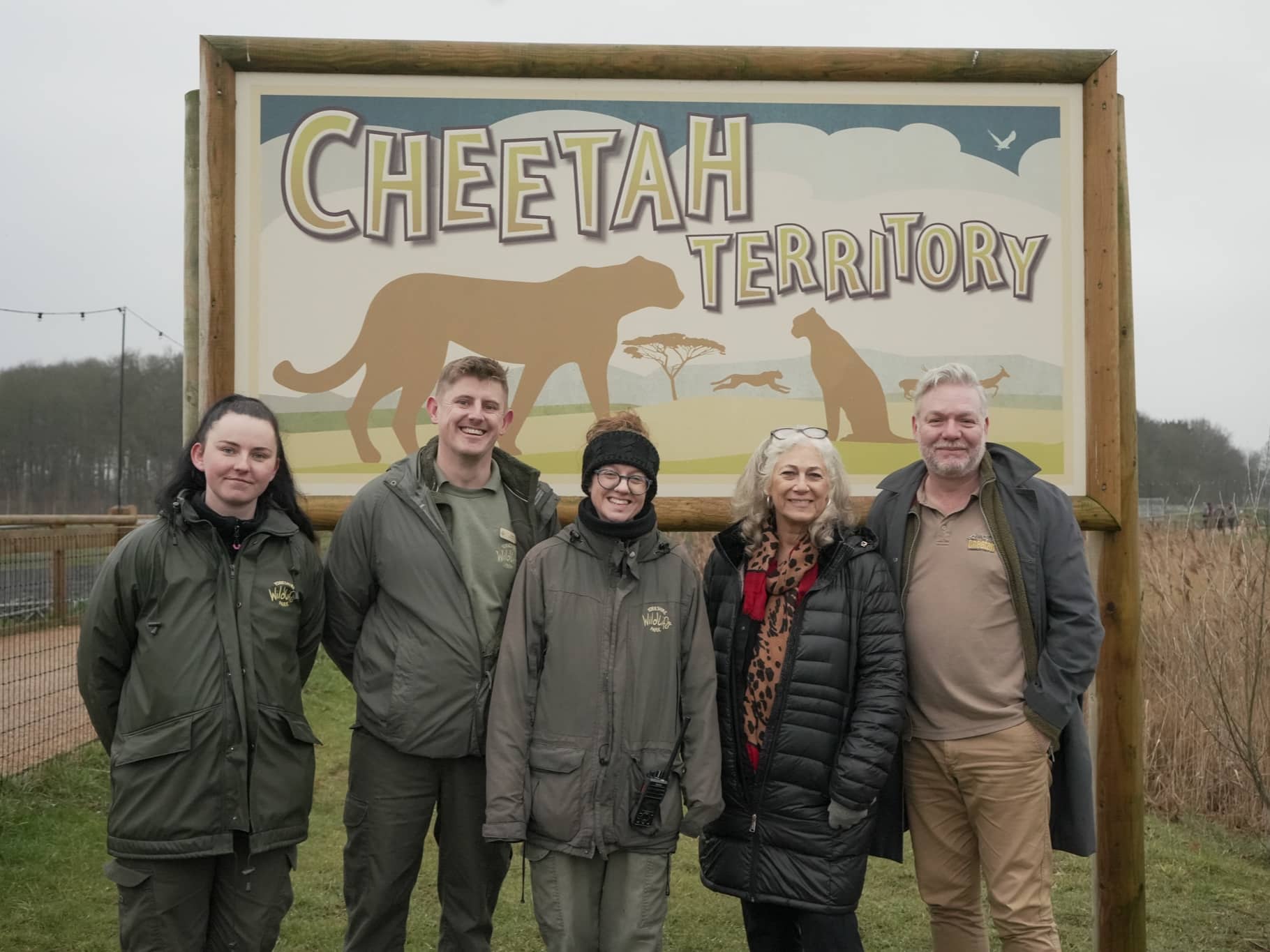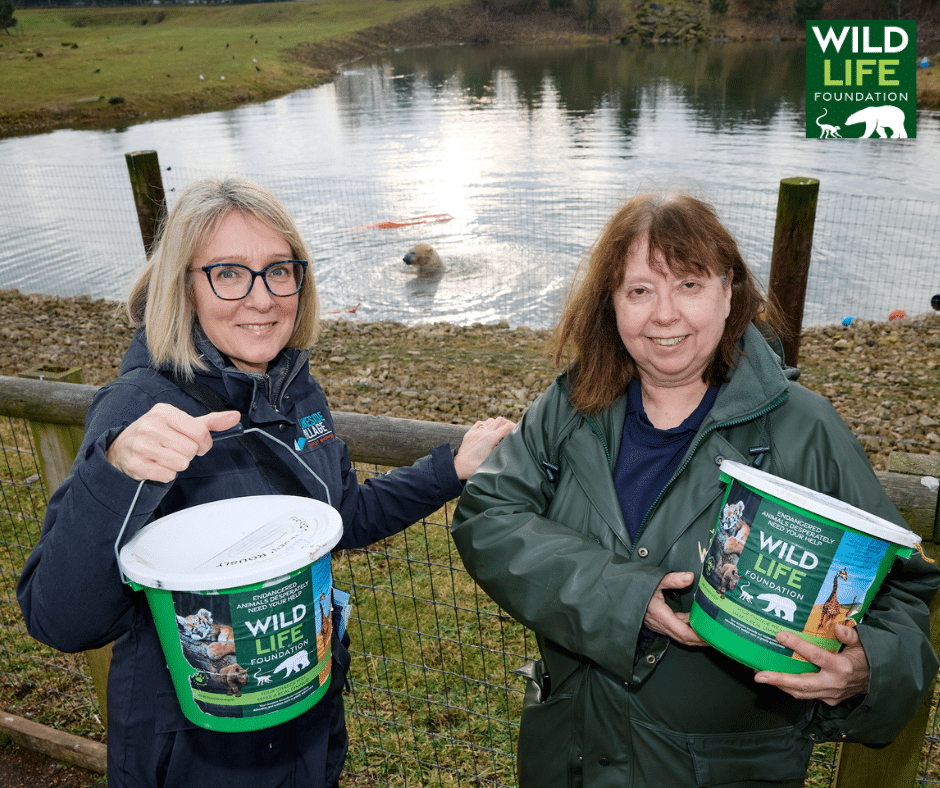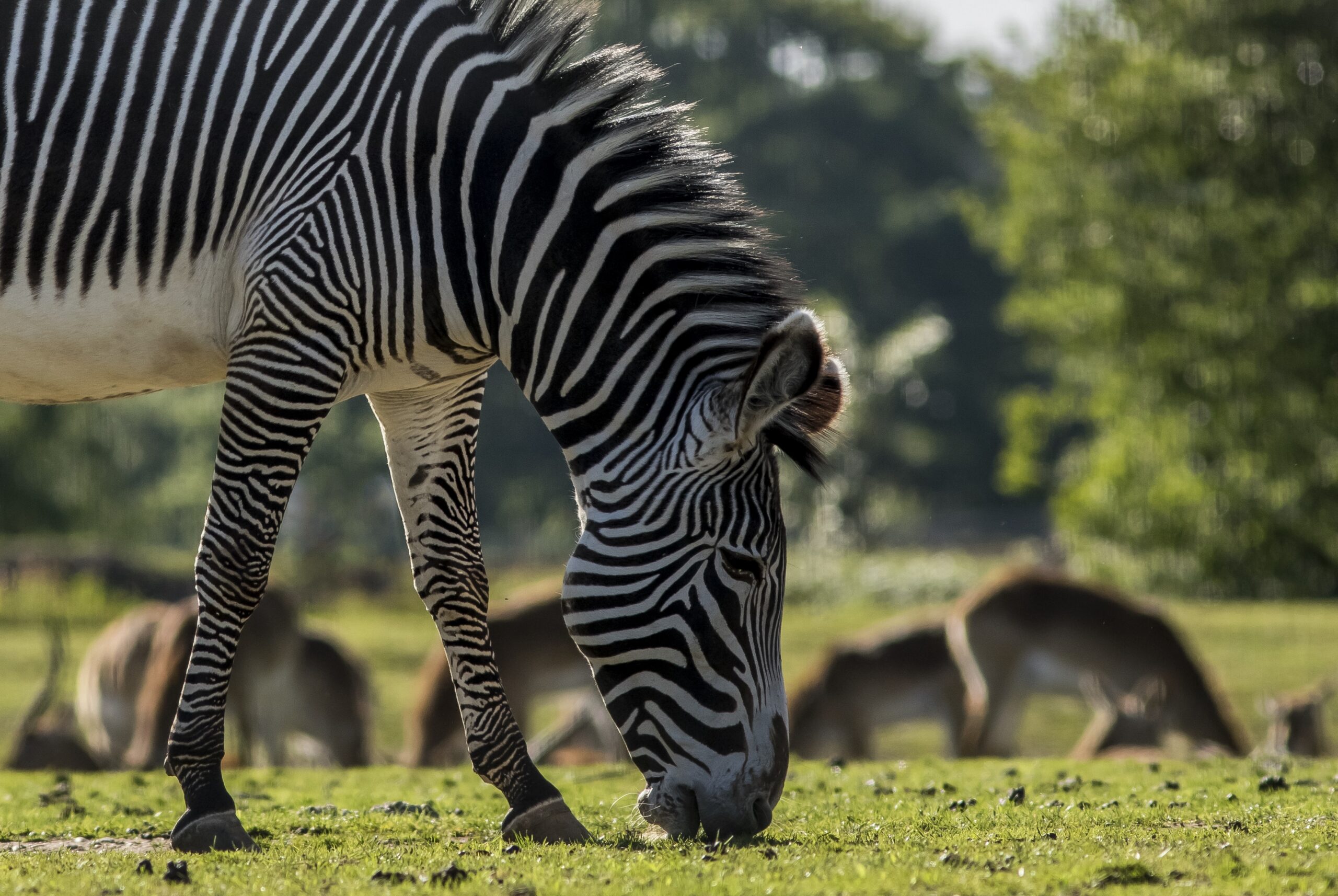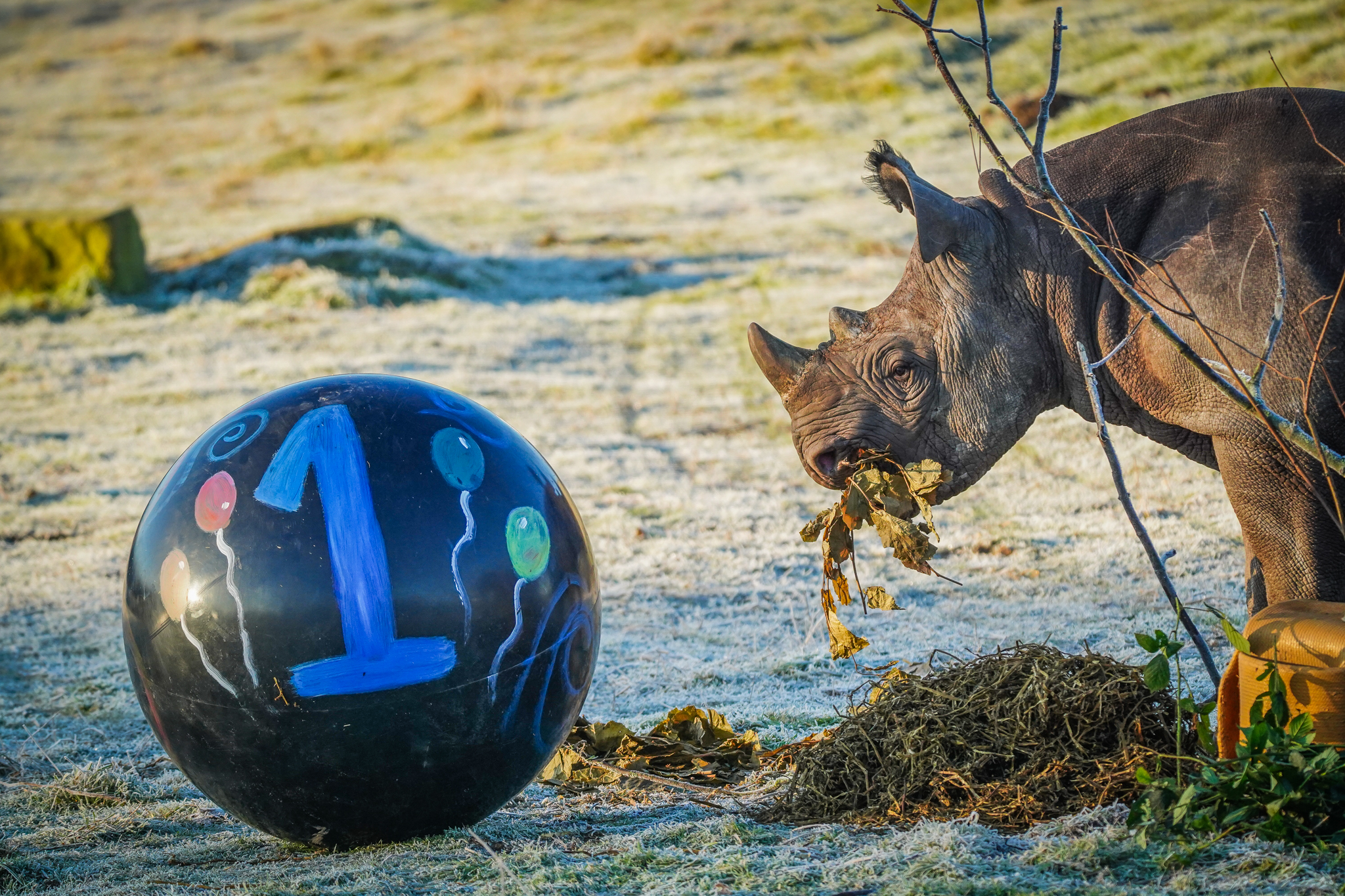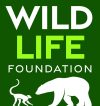Proud to be a partner of Fauna & Flora International, WildLife Foundation supports the international conservation charity in their endeavours to save bees.
According to a recent study looking into global pollinator status, of which Fauna & Flora International were directly involved, at least 9% of wild bee and butterfly species face local extinction.
These shocking findings will create a significant impact on a number of animals across the globe, particularly those we support such as lions and tigers as well as elephants and more which could be extinct in less than 100 years as a direct consequence.
Three-quarters of crops we consume depend on pollination from bees. This is causing a knock-on effect for companies who are facing potential shortages of raw materials, a fall in crop quality and challenges around security of supply because of an emerging pollination deficit.
“Pollinator decline is a serious issue for crops where wild pollinators are important to production and can’t easily be replaced, because managed bees can’t do the job, or the need for them isn’t widely recognised,” said Dr Lynn Dicks, Research Fellow at the University of East Anglia (UEA).
Fauna & Flora International is working as part of wider organisation collaborating with industry, governments, certification bodies, trade associations and pollination experts to create a leadership group of companies and standard-setting bodies committed to safeguarding pollinators.
“We call on leading companies and standard setters to work with us to create a Partnership for Pollinators to collaborate to increase supply chain resilience,” said Annelisa Grigg, Principal Business and Biodiversity Specialist, UN Environment World Conservation Monitoring Centre (UNEP-WCMC).
She continued: “It is only by working in partnership in this way that we will be able to understand the full extent of the risks posed by pollinator decline to our vital agricultural supply chains and catalyse action to halt wild pollinator decline.”
Do Your Bit
Pledge your support to help the world’s most at risk species by donating today.
